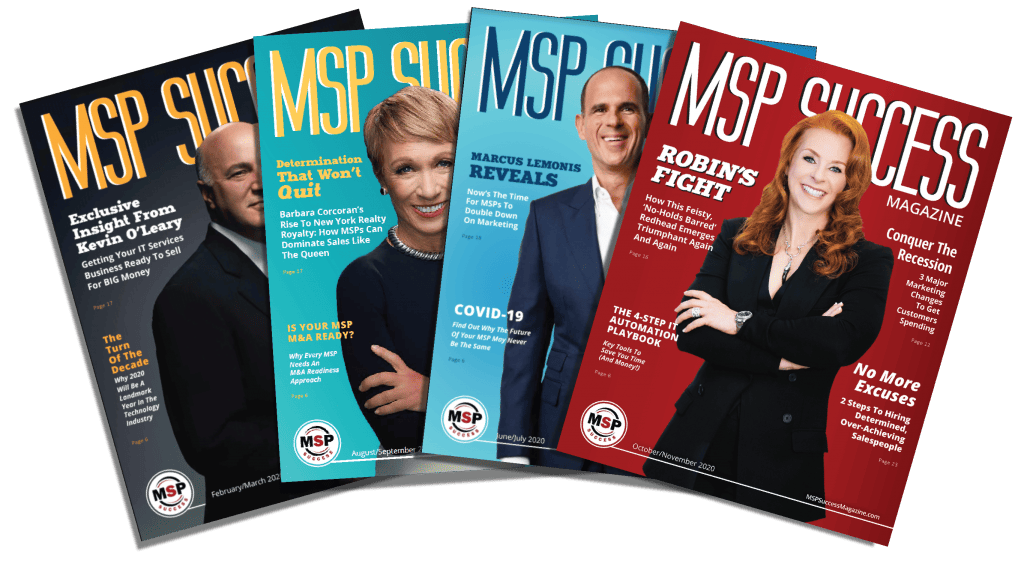This article was written by guest contributor Mike Stodola. Stoloda is the chief marketing officer at Technology Marketing Toolkit where he brings his passion for marketing and sales to its members and customers.
Search Engine Optimization, or SEO, is a major factor when it comes to how much traffic your website gets. Unfortunately, it can be a lot of work to maintain—you need to constantly feed Google’s algorithm more relevant content for the keywords you’re trying to rank for. Thankfully, ChatGPT can do a lot of the heavy lifting for you.
What To Know About SEO
There are three main factors in driving qualified organic traffic to your website. The term “qualified organic traffic” refers to people finding your site naturally through Google’s search engine, no paid ads required.
First, there’s the technical side of SEO. This includes things like page titles, headers, tags, meta descriptions, schema, page speed, etc. Next is on-page SEO, which is optimized content for keywords and phrases. Finally, there’s off-page SEO; these are things like backlinks.
The majority of the factors for SEO ranking are foundational—these include “set it and forget it” details, such as site formatting. In this article, we’ll cover the other type—ongoing SEO factors—and how to easily create content that fulfills them.
Get Newsjacked
The key to organic website engagement is new, timely content. The good news is that ChatGPT can write this content for you much quicker than a person could. The best way to utilize the tool is by “newsjacking”—covering breaking news with your own personalized spin on it. This is a great way to take advantage of public interest in breaking news topics.
We see this all the time in other forums, like TV and radio. There will be a big hack or cybersecurity incident, and the news will bring on a cybersecurity expert to give their take on the matter. That’s exactly what you’ll be doing, but in an article or blog post.
Find Your Keywords
But before you start generating content, you’ll need to find the best keywords to use for your business. These are terms that your potential customers are searching—by incorporating these keywords into your blogs, you’ll tell Google’s search engine that you have the answers to their questions.
Below are the top 10 SEO terms people are searching, related to the MSP industry. These are some great keywords to use when getting started.
- IT support near me + (your city) + (industry)
- IT services
- IT consulting
- IT companies
- IT service provider companies
- Cloud + (managed IT) + consulting
- Cyber security/ cybersecurity
- Ransomware mitigation
- Ransomware recovery
Additionally, you can add your city and niche industries to almost all of these terms to create more specific keywords. But the real goldmine is working in keywords related to your niche. Whether it’s HIPAA compliance or local manufacturers, thinking about what your niche might be googling to find your services, then using those terms as keywords, will give you a massive boost in organic traffic—and qualified leads!
Generate Blogs With ChatGPT
Actually producing the content is probably the easiest step of this process, and should only take about 10 minutes. First, you’ll find an informative article from a reputable source. Good places to look include CompTIA Smart Brief, MSP Association of America, The Hacker News, and Techcrunch.
Once you find an article you like, simply copy and paste it into ChatGPT. Then, you’ll ask it to create an article with your prompt and chosen keyword or phrase. For your prompt, it’s key to incorporate the following:
- Who you are—an MSP specialized in [insert your niche here].
- What you want—a blog or an article? How long should it be?
- Your target audience—who should this content target?
- Your voice—what tone should this piece take? Lighthearted or serious? Authoritative or witty?
ChatGPT will generate your blog or article, with your specific flair and keywords incorporated. Now, two very important notes—do not forget to edit the content and give credit to the original article. It’s essential to edit ChatGPT because sometimes it phrases things oddly or gives straight-up incorrect information, which will put your prospects off. Additionally, using a source article in this way and not giving credit is plagiarism. Thankfully, ChatGPT can easily generate a citation for you—this will go at the bottom of your blog or article, and simply say where you got your information from. Don’t worry; citing your sources makes you look more authoritative to prospects, not less!
What To Do With Your New Copy
The real question is, what can’t you do with it? Obviously, you’ll post your new blog on your website, but you can also drive engagement through email and social media. Posting or emailing snippets of your article will drive more interested parties to read the entire thing—and maybe call for a consultation!
When emailing to your list, you can also track who’s clicking on your article links. Give those people a call for a chance at converting them from a prospect to a lead!
If you know how to use it, ChatGPT can save you tons of time, allowing you to generate content to easily keep up with the fast-paced marketing of today.
For other AI tools that can help with your marketing, see Mike Stodola’s article, 9 AI Tools To Make Your Marketing Better, Faster, And Easier.














